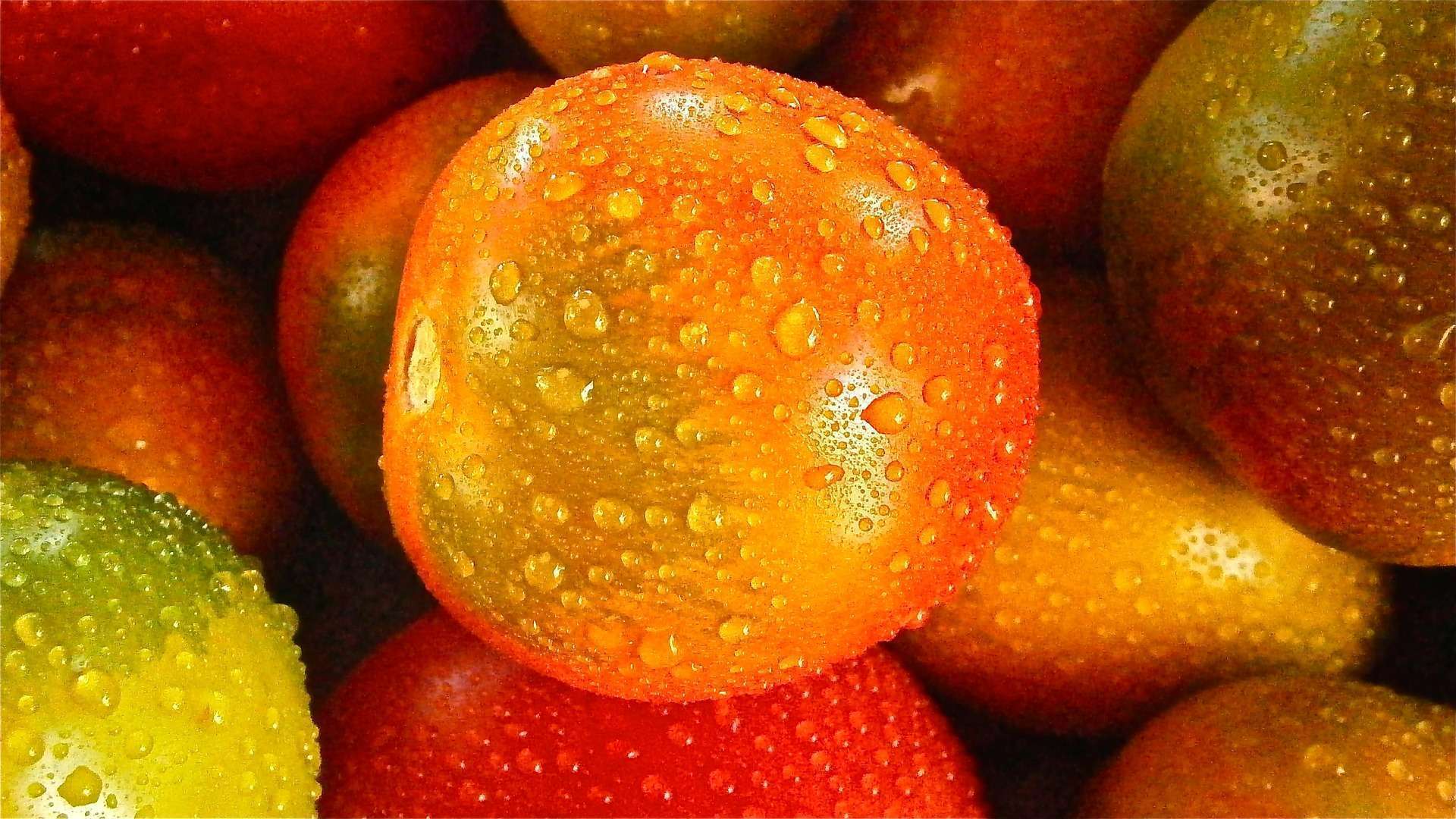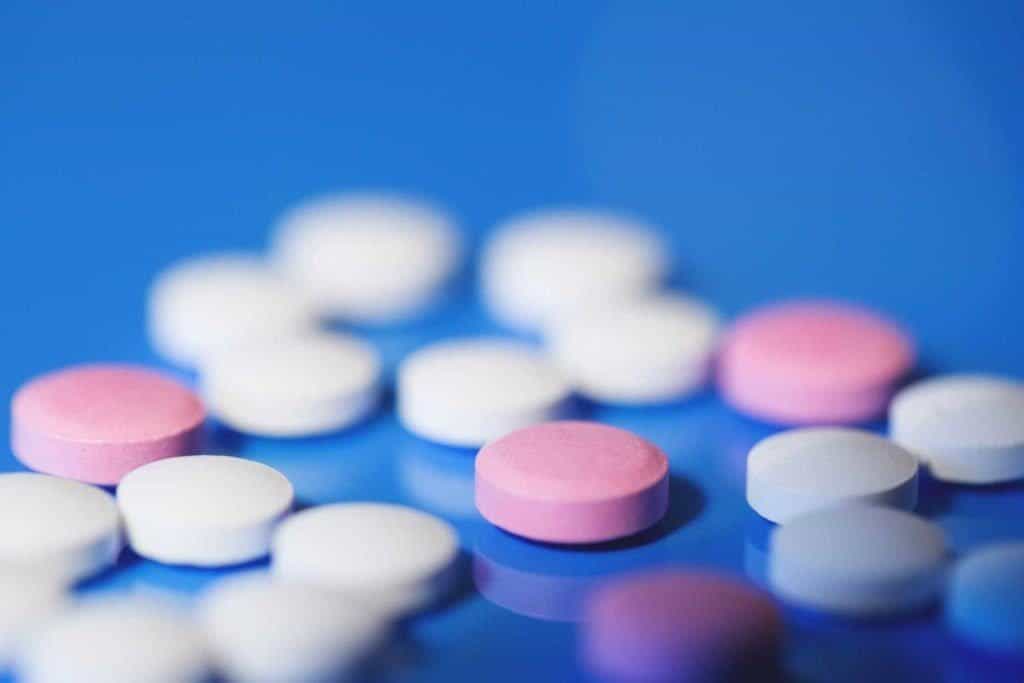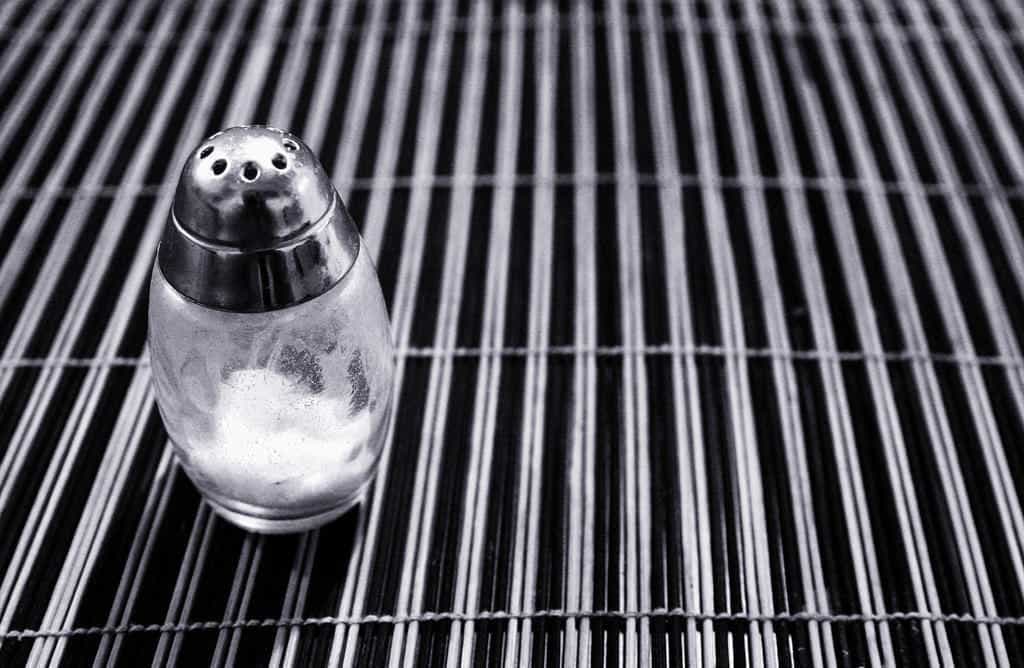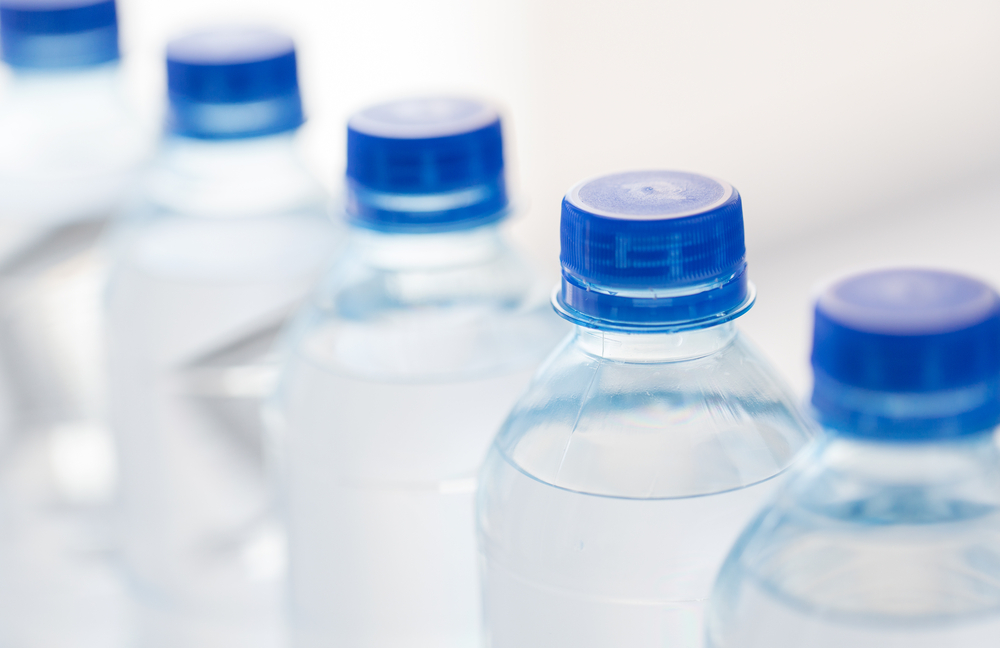Contents:
- Medical Video: 25 Surprising Facts About Organic Food That You Might Want To Know
- What is organic food?
- 6 common assumptions about organic food
- 1. Organic food contains little pesticides
- 2. Organic food does not contain additional artificial ingredients
- 3. Organic food is more environmentally friendly
- 4. Organic food has more nutrients
- 5. Organic food is ALWAYS eco-friendly
- 6. Organic food does not need to be washed first
- Other things to remember
Medical Video: 25 Surprising Facts About Organic Food That You Might Want To Know
Healthy lifestyle is becoming a trend nowadays. Many people begin to look at eating healthy foods, such as fruit, vegetables, wheat, and foods that are rich in protein. However, if you go to a supermarket, in choosing fresh vegetables or fresh fruit, you may experience a dilemma: do I have to buy organic products?
Even though the price of organic products is more expensive, the current sales of organic products are increasing. However, there are a number of things you need to know about organic food.
What is organic food?
Organic food is foods derived from plants or animals where farmers care for them by prioritizing environmentally friendly systems. Farmers who produce organic products do not use conventional methods to control their plants. For example, organic farmers use natural fertilizers for soil and plants, and use crop rotation systems (methods used to rotate plants so that the soil does not lose nutrients due to continued suction of plants).
To ascertain whether or not the food sold in supermarkets is organic, you can check certification from the Organic Certification Institute (LSO) either nationally or internationally on the packaging. In Indonesia alone, the institution authorized to certify organic products is the Organic Food Certification Institute (LSPO). Currently in Indonesia, only 40%, or 9 thousand ha of 22 thousand ha of organic land in Indonesia are already nationally and internationally certified, and only 20% are nationally certified.
U.S. The Department of Agriculture (USDA) provides conditions for certification of organic products, namely if they meet the criteria below:
- 100% organic products. To enter this category, the products distributed must be truly organic or made from organic ingredients
- Organic products. The product must contain 95% of the organic ingredients used.
Products containing 70% organic ingredients can put information on the packaging that the product is an organic product, but do not get a certification stamp on the packaging.
6 common assumptions about organic food
Although the popularity of organic food is increasing along with increasing public awareness of health and environmental preservation, not all perceptions and assumptions about organic food are true. Which are the facts, and which ones are actually wrong?
1. Organic food contains little pesticides
Right. Pesticides are chemicals that are used to kill pests in plants. These chemicals are very often used in conventional planting-planting methods, where the pesticides are still attached to the food products we will eat.
2. Organic food does not contain additional artificial ingredients
Right. One of the most emphasized rules in organic products is that organic products are prohibited from containing other additional artificial ingredients, including preservatives, artificial sweeteners, artificial dyes, artificial flavorings, and MSG.
3. Organic food is more environmentally friendly
Right. The method of planting and maintaining organic products is indeed more environmentally friendly, such as reducing water, air and soil pollution; reduce soil erosion, increase soil fertility, and use less energy. Reducing the use of pesticides also affects animals (especially birds and small animals) and residents who live on deans with plantations.
4. Organic food has more nutrients
Wrong. Until now, there have been no studies that can really prove that organic products are more nutrient-rich than non-organic products. Currently researchers still state that there are no too significant differences in the differences in nutrient content in organic products and non-organic products.
5. Organic food is ALWAYS eco-friendly
Wrong. Although indeed the method of planting organic products reduces pollution, but research from Dennis Avery from the Hudson Institute's Center for Global Food Issues provides data that state that growing organic products takes up far more land than planting non-organic products to produce the same number of products. It is needed to divert a lot of forest land to be converted into organic product land to balance the number of non-organic products.
6. Organic food does not need to be washed first
Wrong. All organic products, whether you buy them from supermarkets or traditional markets, you still need to wash them first before consuming them. Because, maybe the organic products are contaminated by bacteria from the waters around the plantations, for example if the plantations are close to the farm, then maybe the waters of the farm that have been contaminated with animal feces contaminate these organic products.
Other things to remember
Every time you buy organic products, pay close attention to the labels printed on the packaging. It is recommended to buy organic products that have a certification label because it is more convincing that the product is an organic product. Also buy a variety of different fruits and vegetables so that you get complete nutrition for your body, because every single fruit or vegetable does not contain all the nutrients your body needs.












